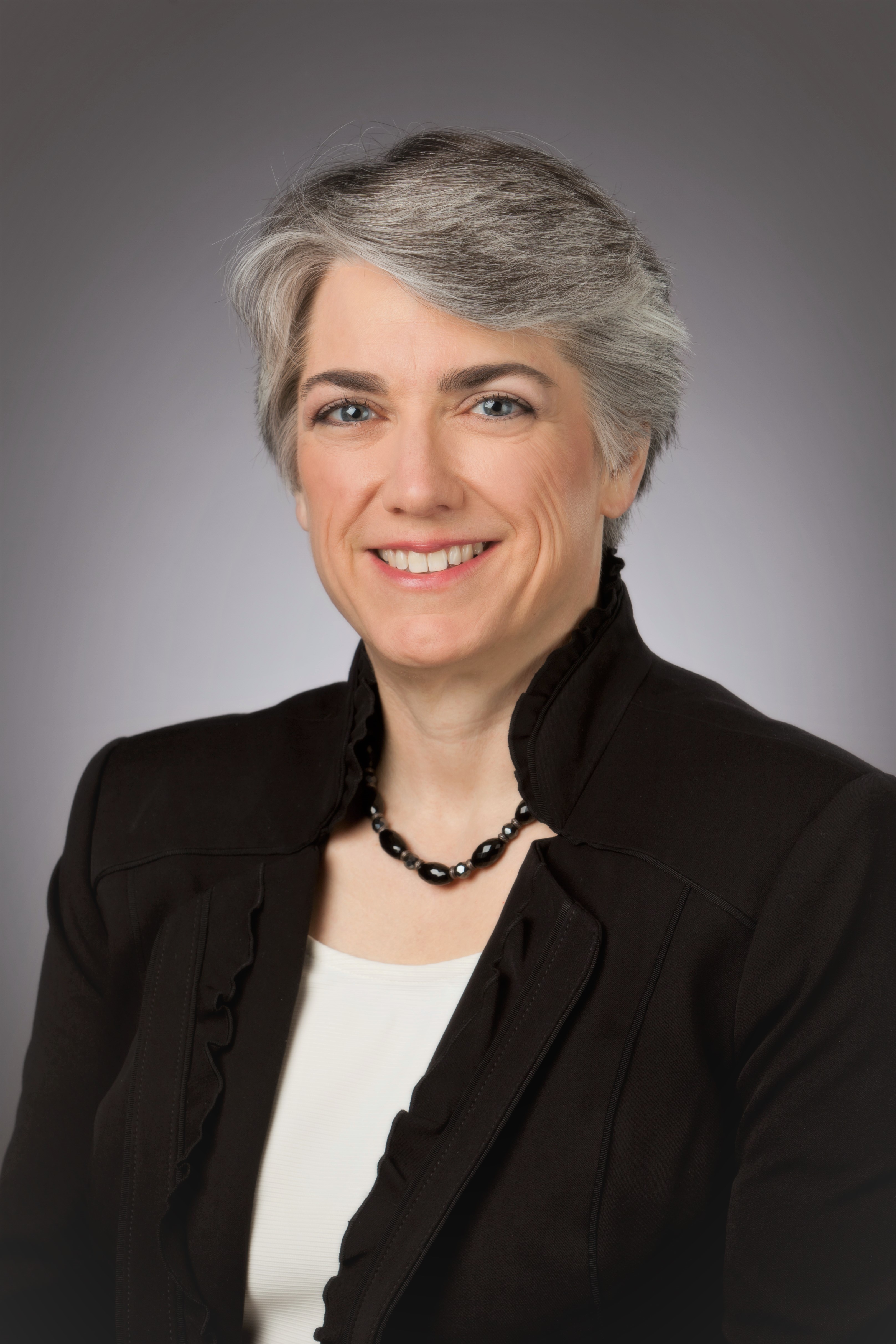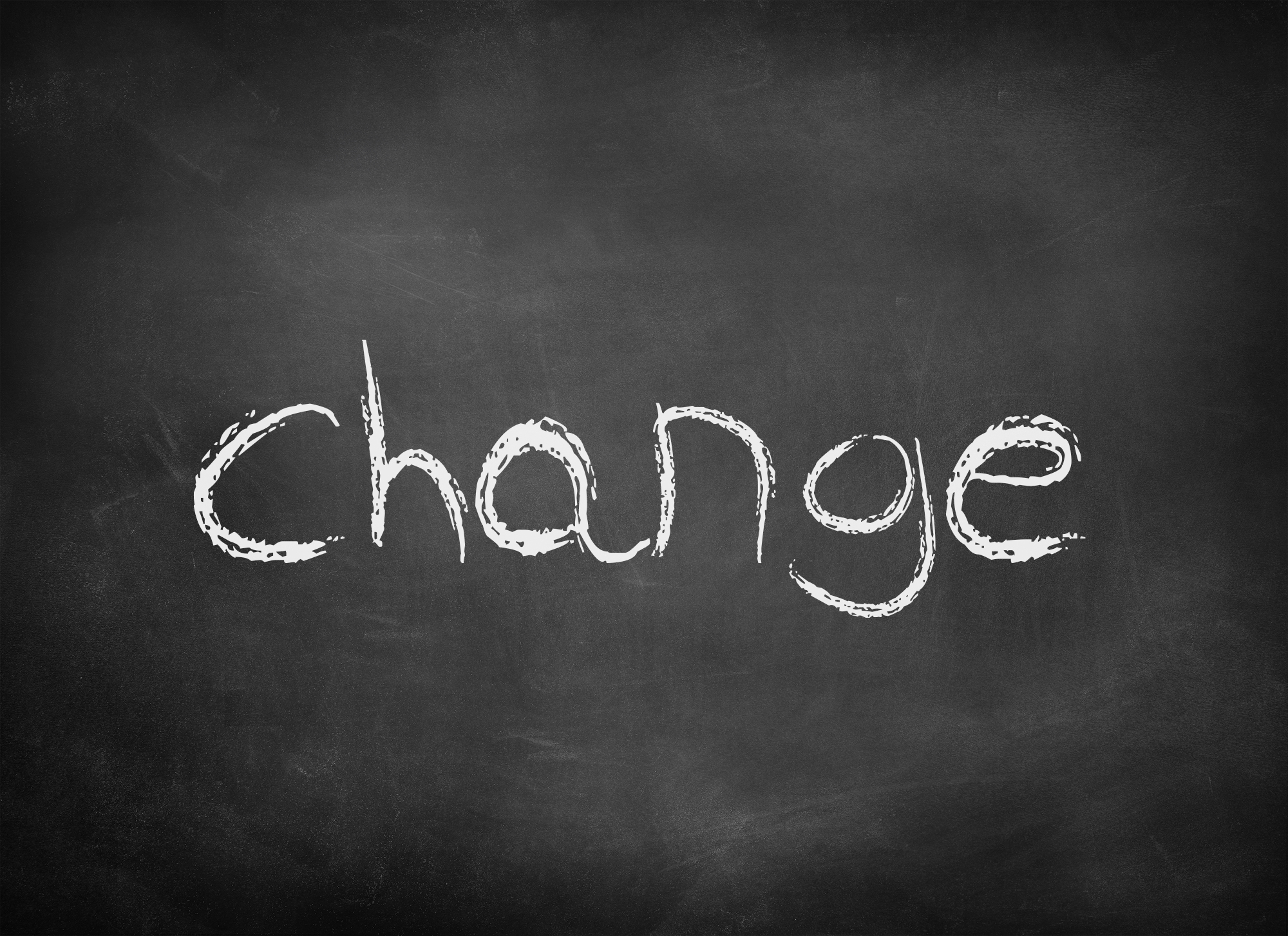By AALS President Darby Dickerson, Dean, UIC John Marshall Law School

The theme for my presidential year is “The Power of Words.” During my January 2020 presidential address,1 I emphasized three words—“caste,” “candor,” and “change”—and for each word, I posed a challenge to the legal academy. This column addresses “change”.
When I announced “change” as one of my three key power words in January 2020, I said that “[t]he only constant is change.”2 But on January 4, I had no clue about the seismic changes the world would soon face: the COVID-19 pandemic that has now infected millions, killed hundreds of thousands, and crippled much of the world’s economy, and the murder of George Floyd that—along with the senseless deaths of so many other Black people—sparked a long-overdue national antiracism movement.
These two changes reinforced important lessons about ourselves, legal education and the legal profession, and society. As just a few examples:
As Martin Luther King, Jr. explained in 1967:
One of the great liabilities of history is that all too many people fail to remain awake through great periods of social change. Every society has its protectors of status quo and its fraternities of the indifferent who are notorious for sleeping through revolutions. Today, our very survival depends on our ability to stay awake, to adjust to new ideas, to remain vigilant and to face the challenge of change.3
His words ring true in 2020. Despite the devastation of a global pandemic, many are wide awake and thinking hard about how and why we must change. They are insisting on change, imagining what the world can look like if we acknowledge past mistakes and transgressions, and working on creative solutions to make the world a more equitable, just, and inclusive place.

Five people who have embraced the challenge of change—and used the power of their words to create change—are Danielle Conway, Danielle Holley-Walker, Kim Mutcherson, Angela Onwuachi-Willig, and Carla Pratt—the five law deans who curated the Law Deans Antiracist Clearinghouse Project.4 These remarkable women conceptualized and created the clearinghouse, which offers a phased guide to developing a sustainable antiracist agenda and provides resources and concrete steps for each phase of the process. If you’ve not yet reviewed this project, I invite you to do so. Even better, I invite you to work through the phases, both individually and with your law schools.
I’ve also been excited to see the Zoom webinars, calls for papers and book chapters, and difficult conversations about important topics related to antiracism, the pandemic, and how to improve legal education and the legal profession. And I’ve been heartened to hear students marginalized by the academy use their voices to demand and propel needed change.
The academy must commit to keeping the progress and innovation going. We must commit that when it’s safe to be fewer than six feet apart and we can return to our classrooms, we won’t forget the struggles and lessons of the pandemic or allow our passion for the antiracism movement to ebb. Instead, we must leverage our strengths—including our abilities to analyze, reflect, and persuade—and remember the critical role of both educators and lawyers in our society. We must embrace the words of neuroscientist and author Abhijit Naskar: “Every time a crisis arrives at the doorstep of humanity, remind yourself—I am what stands between humanity and injustice—I am what stands between humanity and discrimination and disparities—I am what stands between humanity and dictators.”5
And our words do have power.
Endnotes
1 Darby Dickerson, The Power of Words, AALS News 1 (Winter 2020).
2 Heraclitus, a Greek philosopher, has been quoted as saying “change is the only constant in life.”
3 Martin Luther King, Jr., Where Do We Go from Here: Chaos or Community? (1967)..
4 https://www.aals.org/antiracist-clearinghouse
5 Abhijit Naskar, When Call the People: My World My Responsibility (2020).